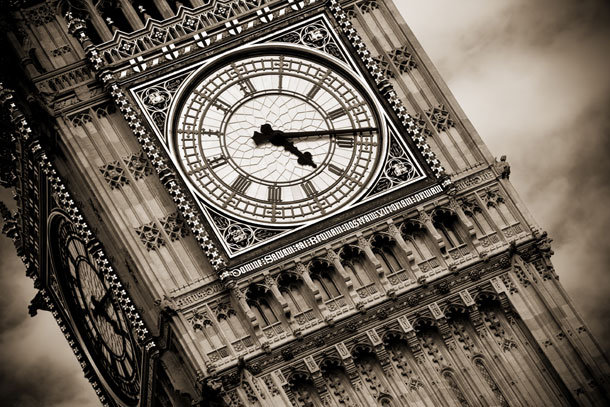50p superfast broadband tax jettisoned as election looms

Next-generation broadband on the backburner for now...
The government's proposed 50p per month tax on landlines to help fund next-generation broadband has been jettisoned from the Finance Bill in the last minute scramble to get legislation through Parliament ahead of the general election.
The tax on landlines, known as the Next Generation Levy, was proposed in the government's Digital Britain report last year, its blueprint for the nation's digital future.
The levy was intended by the government as a mechanism to raise up to £170m per year to help finance the rollout of superfast broadband access to areas where commercial providers are unlikely to extend their networks, such as rural regions.
However the 50p per month tax on telephone lines has proved controversial - with a House of Commons committee dubbing it "regressive" and "ill-directed". While the Conservatives have proposed using a portion of the BBC licence fee to fund next-generation broadband, in place of a dedicated tax on landlines which they oppose.

The proposed landline tax has been ditched in the last days of current Parliament
(Photo credit: Shutterstock)
In last minute horse-trading between the political parties it today emerged the tax has been dropped from the Finance Bill in order to ensure uncontested elements of the Bill get through Parliament before it is dissolved on Monday.
Speaking in an interview with silicon.com earlier this year, Digital Britain minister, Stephen Timms, hinted the levy could fall by the wayside before the general election, noting that in the last days of a Parliament the opposition "is in a rather stronger position than it otherwise is".
If re-elected, however, it is likely the government would seek to reintroduce the landline tax in a second Finance Bill.
The Finance Bill is not the only Bill the government is seeking to fast-track through this Parliament in its dying days in the so-called 'wash-up'. The controversial Digital Economy Bill passed its second reading yesterday. Opponents to this Bill, including some MPs, have complained about the lack of time to properly debate it.